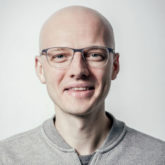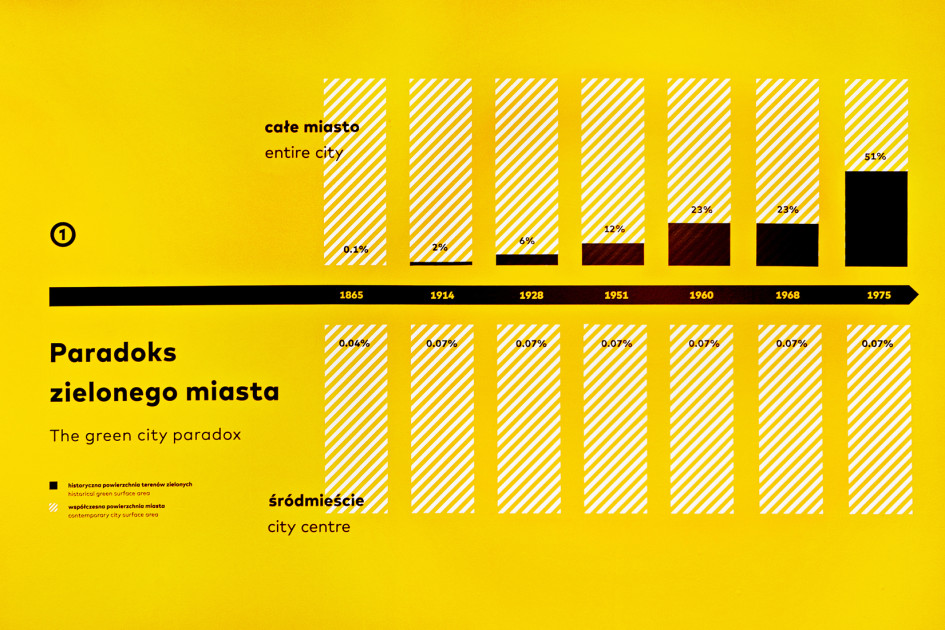Soon, the ability to make decisions based on data analysis will become one of the core competencies of each resident. The coming years will show whether we will become just consumers of the digital city, or learn to consciously use the data for own purposes and projects that are meaningful to local communities.
Whether we like it or not, we make more and more everyday life decisions based on the results of complex data processing and analysis operations. Software apps tell us how to get to our destinations, where to eat, how much jogging to do, what to buy and where to live. Their developers offer us a new vision of a better city based on hyper-rational decisions where every action is subject to the logic of efficiency. The coming years will show whether we will become just consumers of the digital city, or learn to consciously use the data for own purposes and projects that are meaningful to local communities.
The meeting is intended for those people who, regardless of their profession and experience, are contemplating projects using data about the city. It presents a synthetic account of the basic principles for the implementation of such projects, including data acquisition, processing and visualisation methods, stages of the design process, as well as the nature of work in an interdisciplinary team.
Shared Cities: Creative Momentum is a European cultural platform addressing the urban challenges of contemporary European cities. SCCM is a joint project of Goethe-Institut (DE), Czech Centres (CZ), reSITE (CZ), Academy of Fine Arts and Design in Bratislava (SK), Association of Belgrade Architects (RS), Contemporary Architecture Centre (HU), Katowice City of Gardens (PL), KUNSTrePUBLIK (DE), Mindspace (HU), Old Market Hall Alliance (SK), Res Publica – Cities Magazine (PL). Co-funded by the Creative Europe Programme of the European Union.

Karol Piekarski
Programme director at Medialab Katowice. He has carried out a number of interdisciplinary projects involving city data processing and visualisation. He has earned a PhD for his work on reducing information overload on the Web. Recently he published “Data-Driven Methods for City Research and Exploration”.
